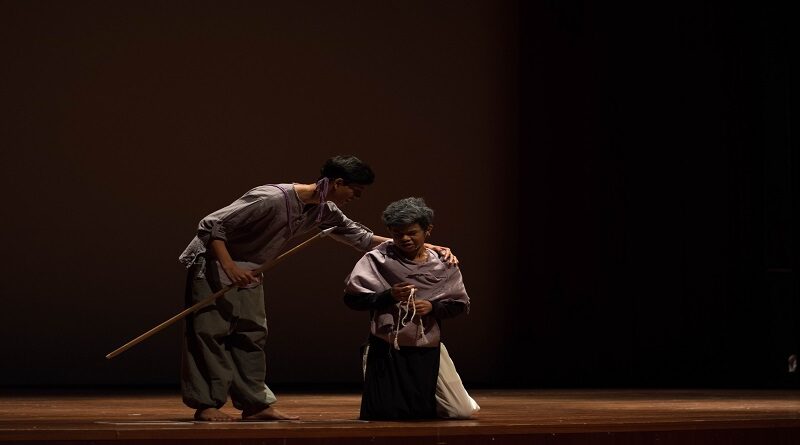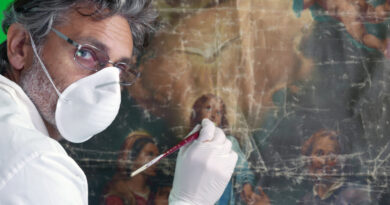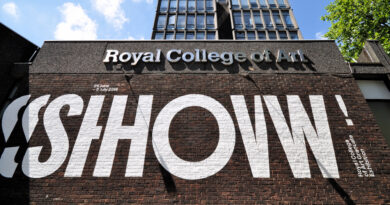Postgraduate courses in Drama Studies
Have you a creative and dramatic side of you that you desperately want to release?
A postgraduate drama course might give you the opportunities you’ve been looking for to reach your greatest potential.
Luckily, there are plenty of courses on offer and we’ve covered all the basics for you below. Why not take a look and see if it’s the right direction for you?
We know the basic meaning of what drama really is but a postgraduate course will give students the opportunity to delve into literature, technical skills and improve their performance or even take their career in the teaching direction.
Courses
The choice in courses is a great one and allows students to take their careers in multiple directions from either adding to their own performing experience to teaching drama or specializing in specific areas. Below are examples of courses on offer around the UK.
Post Graduate Certificate of Education Secondary (Drama)
A PGCE Secondary course in Drama will allow its students to develop their career as a drama teacher, bringing their expertise, skills and experience forward to teach children ages 11-18 and will include a period of work experience between primary and secondary schools to help you find your feet and get a feel for your future career. Deepen your understanding of teaching and learn about the relationship between educators and society.
Musical Theatre
Postgraduate courses in Musical Theatre are an example of courses on offer where students can focus on one particular area. A masters in Musical Theatre will equip students to be a ‘triple threat’ in the theatre world focusing on acting, dancing and singing. Student performance, consistency, posture, flexibility and stamina are all a key focus as well as focusing on specific disciplines under the dancing, singing and acting umbrella.
Dramatherapy
Dramatherapy is the use of drama and theatre processes as a form of therapy. A postgraduate Dramatherapy course has a mixture of lectures, practical workshops, case discussions and theoretical studies. There is often a focus on intercultural practice and attachment/mother-infant observation. An understanding of how past relationships manifest in current client difficulties is also gained and how to work through the dramatherapeutic relationship.
Entry requirements
The entry requirements can differ from course to course however as the above courses are all postgraduate courses, an honours degree is required in drama, performing arts or a related field. Some courses may require a 2.2 degree while others may require a 2.1. In cases such as a Musical Theatre course, applicants who demonstrate exceptional talent are also considered.
A number of courses also require students to pass minimum standards of literacy and numeracy. Specific entry requirements can be found on course overviews or University websites.
Employers
- Schools
- Roles in shows, films, musicals
- Media organisations
- Health and Care organisations
- Arts organisations
- Educational institutions
- Hospitality and leisure companies
- Freelance work
Salary expectation
The salary expectation is completely dependent on what route the student decides to take after graduating. For example, if the student decides to go into teaching they could potentially earn approximately £35,000 while those doing freelance acting, singing or dancing, for example, would have a much different role depending on how much work is involved with each job.
Skills and Requirements
- Confidence in your own ability and performance
- Ability to network and market yourself
- Resilient
- Self-motivated
- Work well under pressure
- Self-disciplined and organised
- Flexibility and adaptability to different roles
- Work well with a team
- Stamina
- Quick thinking and improvisation skills
- Strong verbal and communication skills




